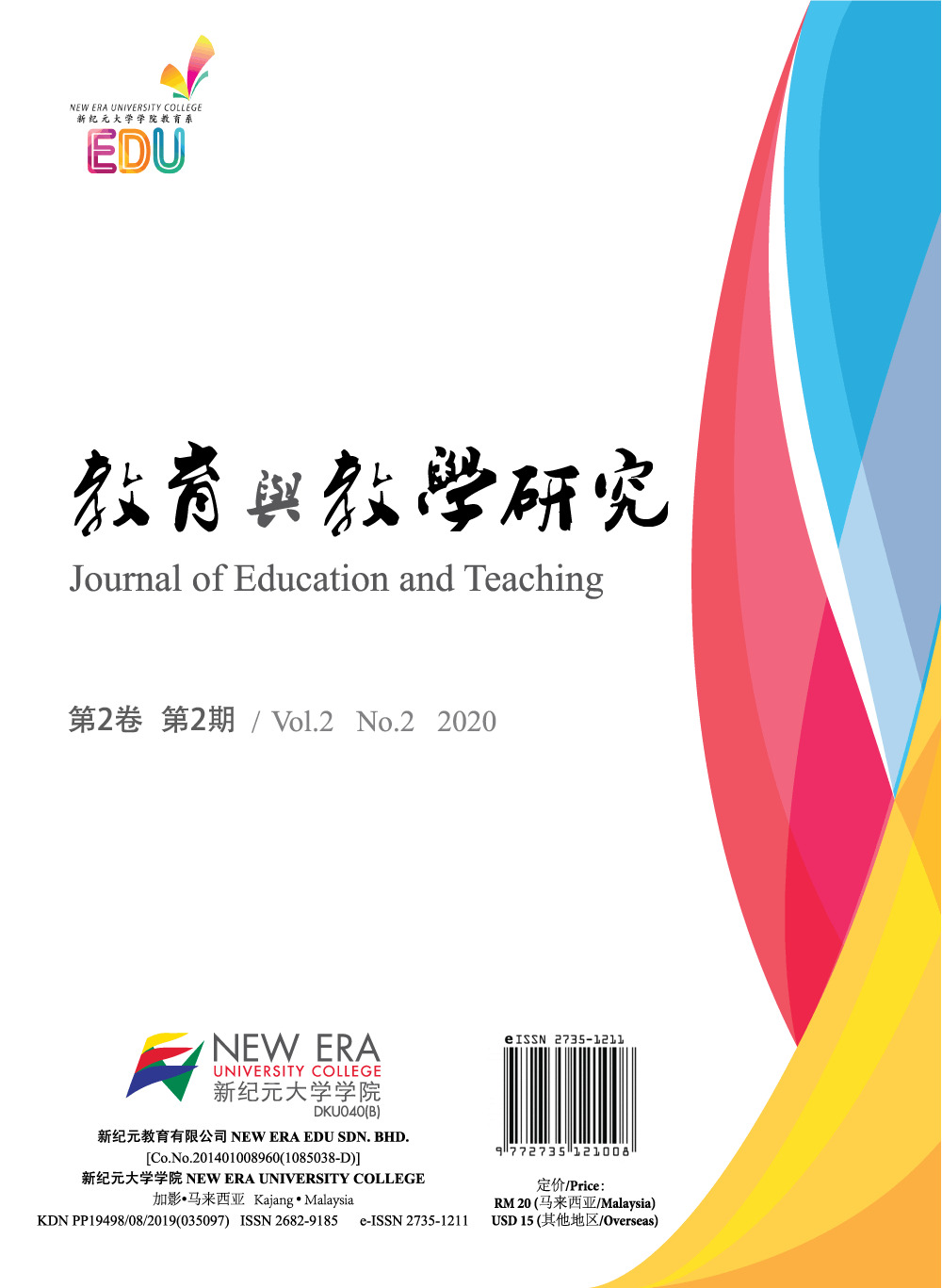Education 2030 and Curriculum Transformation: From the View of Taiwanese Competency Based Curriculum Guidelines 教育2030与课纲转化:台湾素养导向课程纲要的观点
Keywords:
curriculum guideline transformation, competency, school-based curriculum, 课纲转化,素养,学校本位课程Abstract
This article explores how Taiwanese put competency-based curriculum principle into practice through the lens of Education 2030. The Organization for Economic Cooperation and Development (OECD) has been postulated that the core elements of Education 2030 will be the incubation of knowledge, skill, attitude, and values for those learners becoming competitive global citizens. Finally, these global citizens can enhance individual’s well-being. OECD’s Education 2030 viewpoints are congruent with taking the initiative, engaging the public, and seeking the common good from Taiwan’s Curriculum Guidelines of 12-Year Basic Education. Through, three dimensions, nine core items, competency incubation, students’ actual life situation, can be filled with spontaneity, communication and interaction, and social participation, and, in turn, become lifelong learners with cross domain learning abilities. This competency makes new generations capable of facing problems and solving them. For the Taiwanese new curriculum framework, other than government decided courses, schools possess their own power to determine their school-based curriculum and elective courses. It is expected to cultivate global citizens who fit, both, a principle of a 12-year basic education and a respected school-based curriculum.
本文探究了台湾如何依教育2030的规准下,将素养导向课程落实于教学现场。国际经济合作组织(OECD)已经认同教育2030关键元素在于培育具备知识、技能、态度与价值观的学习者,使他们成为具有竞争力的全球公民。最终,这些全球公民能促进个人或是整体人类幸福感。国际经济合作组织教育2030的观点也恰契合台湾十二年国民基本教育课程纲要总纲宣示的自发、互动与共好的概念。根据台湾十二年国民基本教育课程纲要总纲,将核心素养分成三大面向,九大项目: 期待学习者在生活情境中能具备自主学习、沟通互动与社会参与三大面向的核心素养,成为具跨域学习力的终身学习者。这样的素养有助于新世代世界公民可以面对问题与解决问题。另外,根据台湾新课纲的课程架构,各程内容科分为政府决定的部定课程、学校决定的校定课程,如学校本位课程及选修课程。期待藉由这样课程的实施,能达成具备各项核心素养的现代全球公民。




